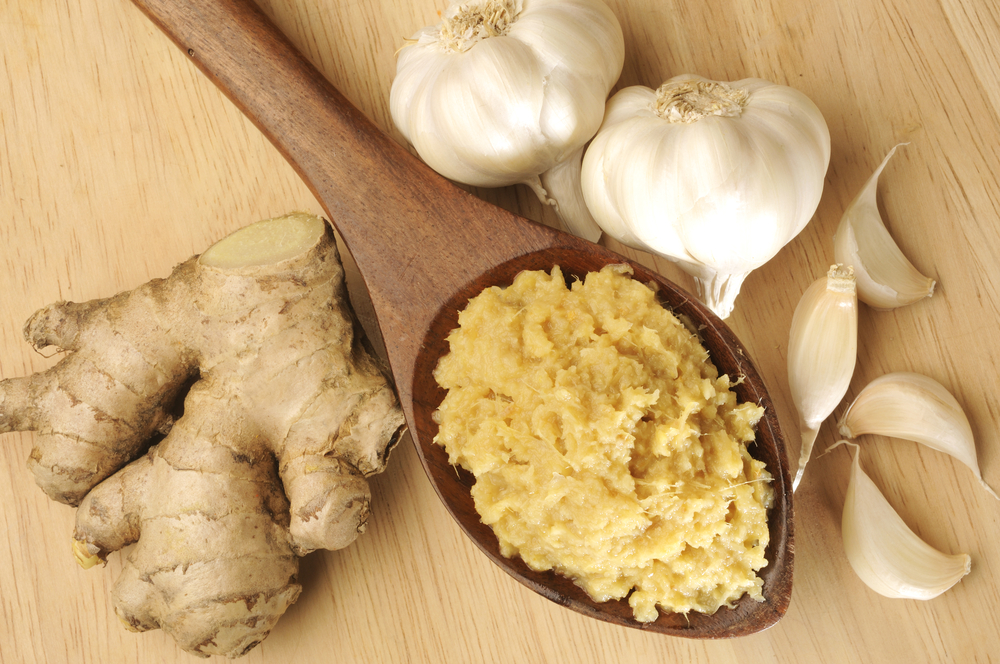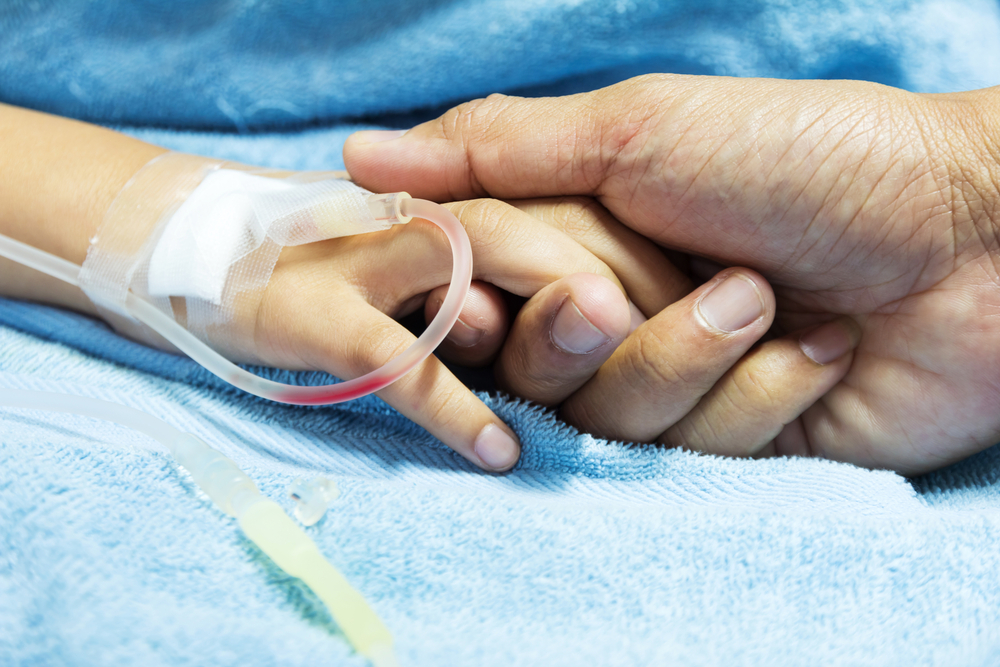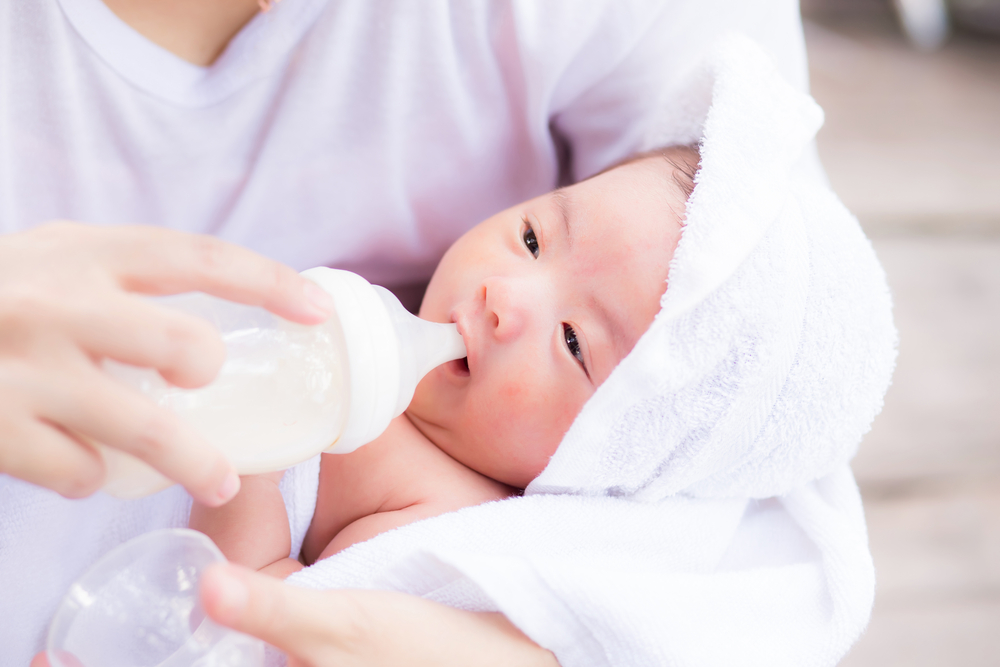Contents:
- Medical Video: Complications of High Blood Pressure | Nucleus Health
- 1. Heart disease
- 2. Stroke
- 3. Diabetes
- 4. Kidney disease
- 5. Eye disease
- 6. Preeclampsia
Medical Video: Complications of High Blood Pressure | Nucleus Health
Hypertension is known as a silent killer because it usually does not cause symptoms. This is why everyone from the age of 18 and above must routinely check blood pressure to detect their risks. Moreover, the risk of developing high blood pressure increases with age.
Left to go up without being treated, hypertension can cause fatal complications. The most common complications of hypertension are:
1. Heart disease
Heart disease is a complication of hypertension which most causes death. The reason, consistent high blood pressure will damage the structure and function of the heart and blood vessels.
When the tension continues to be left high, the blood vessels will narrow to regulate blood flow throughout the body. This makes the vessel walls thicker to still be able to maintain blood supply supply pressure from the heart. This is what triggers coronary heart disease.
Moreover, the higher your blood pressure, the heart will beat more strongly to drain blood. As a result, the left ventricle of the heart which is responsible for pumping blood will swell. Swelling of the left ventricle of the heart is associated with an increased risk of heart attack, stroke, and sudden death by two-fold.
The same condition also increases your risk of heart failure by up to four times. Symptoms of heart failure due to complications of hypertension, for example, are tiredness and reduced physical ability to carry out daily activities.
2. Stroke
Hypertension is the most common risk factor for stroke. Stroke occurs when blood flow to the brain is blocked because there are blockages or blood vessels in the brain that break.
Although rare, hypertension can also cause acute hypertensive encephalopathy. Acute enselopathy hypertension is characterized by severe headaches, impaired consciousness, drowsiness, and confusion. If not treated immediately, this condition can cause seizures or coma, especially in the phase of malignant hypertension.
If you have high blood pressure, you and your closest relatives need to be aware of signs of stroke, including talking pelo (difficulty speaking) and blurred vision. Immediately go to the nearest hospital emergency department if you experience the above symptoms, or someone who is with you realizes something is wrong with your condition.
3. Diabetes
Diabetes can be a complication of hypertension as well as the cause of its appearance. Diabetes and hypertension both affect how blood and nutrients are distributed throughout the body. Often, diabetes is compounded by the presence of hypertension because high blood pressure makes the organs of the body that have been affected by diabetes work harder, such as the kidneys and eyes. The good news, early diagnosis and changes to a healthier diet can prevent both conditions from getting worse.
4. Kidney disease
Decreasing kidney function as we grow older will be increasingly accelerated in the presence of hypertension. In cases of chronic hypertension, the vessels will thicken and reduce blood intake to the kidneys. This causes the death of the smallest kidney tissue called the nephron, which can lead to chronic kidney failure.
Chronic kidney failure can cause a variety of more serious health problems because the kidneys can no longer work to remove toxins and waste from the body.
5. Eye disease
Hypertension can directly cause its effects on the eyes. High blood pressure in the eye is called hypertension retinopathy. Damage to the retina, which is a vital part of the sense of sight, can cause serious vision problems.
People who have retinopathy hypertension may not be aware of the symptoms until it's too late. The higher the tension increases and the longer it continues to be left, the more severe eye damage that may occur. At first, changes to the retina may feel like blurred vision or double vision, headaches, impaired vision, and loss of vision.
To diagnose this condition, the doctor will examine your retina located behind the eye using ophthalmoscopy.
6. Preeclampsia
Hypertension that has occurred before or during pregnancy can cause a condition called preeclampsia. Preeclampsia is different from gestational hypertension which is a more general increase in tension during pregnancy, usually occurring in the second or third trimester of pregnancy.
When preeclampsia occurs during pregnancy, expectant mothers must be closely monitored to prevent complications in the fetus. Narrowing of blood vessels due to hypertension can prevent the baby from getting the nutrients needed to grow properly.
Meanwhile, the impact of preeclampsia on pregnant women includes damage to the liver, kidneys, and even brain damage. Serious cases of preeclampsia can cause seizures that can adversely affect maternal and infant health.












